MasterChef AMBITIONS
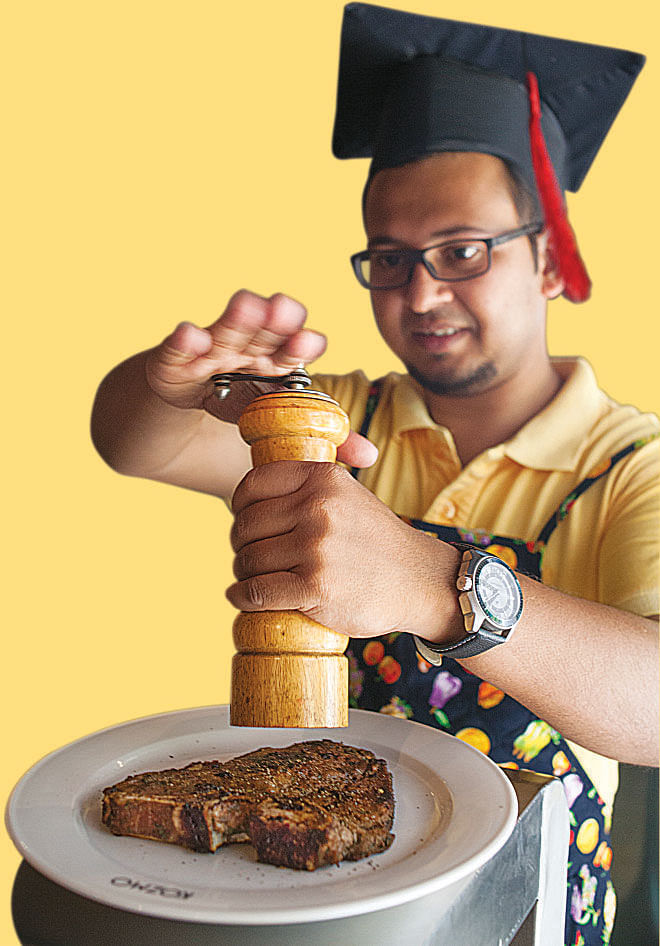
In a country where it seems like the only career choices lay in business, engineering or medicine, dreams of chasing a career in the culinary arts were unheard of. Hardly, anyone was interested in becoming a chef.
However, recent times prove that many young Bangladeshis aspire to professionally join the gastronomic world or seek lifelong careers bringing quality to people's palates. What is it that inspires them, we wonder? Is it exposure to popular reality shows such as “Masterchef” or are they motivated by Bangladesh's booming culinary industry?
Arman Musa, 16, owner of a well-known cupcake business on Facebook, Cupcakes and Co, agrees that he was inspired by Dhaka's rapidly growing chain of restaurants and cafes. He says, “Opening up a food business is a smart choice in Dhaka because it's still our main source of recreation. When we go out with friends or family, we go out primarily to eat. It comforts and assures me greatly knowing that people are willing to pay up to get high quality food.”
However, Nusrat Tabassum, founder of Silver Linings, a bakery that focuses on specialised cakes, disagrees. She says that she was inspired by the lack of good bakeries in Bangladesh. She confesses, “I am an artistic person at heart and I demonstrate that quality through my cooking. I started Silver Linings because I wanted to provide Dhaka residents with the desserts they craved. I thought it would be a regular bakery at first but everyone has been very supportive and has encouraged us to start designing and providing customised cakes.”
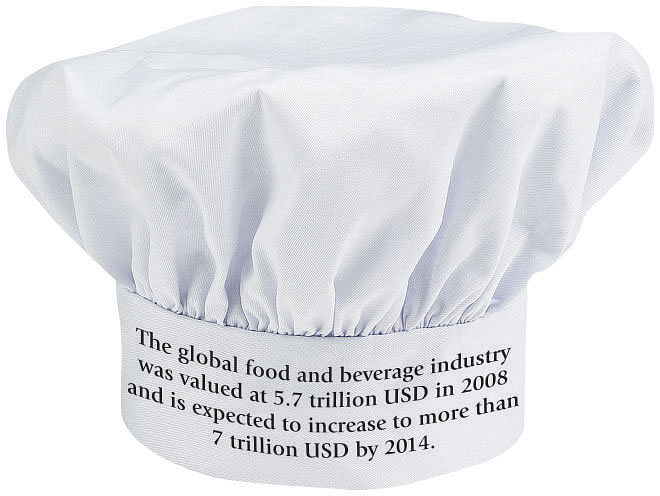
While mostly everyone was inspired to cook by observing their mothers or grandmothers in the kitchen, some people from our generation agree that television channels with a wide range of shows and features on cooking have introduced them to the global culinary scene. TV channels such as TLC and Fox Travel host a multitude of programmes on diverse cuisines and advanced cooking techniques.
Ahmed Karim, 17, says that celebrity chefs like Gordon Ramsey, Jamie Oliver and Anthony Bourdain, made him realise that his ambition was to become a chef. He says, “Masterchef really opened my eyes as to how matters were dealt with in a professional kitchen and how stressful the job of a chef could be. I was amazed at the skills required and the emphasis put on details, presentation, and the taste of each ingredient. However, it was this aspect and the seriousness with which people now regard food that chiefly influenced my decision to pursue a career as a chef.”
However, while it is encouraging to see young people going for diverse career choices, the question of whether our country possesses the proper institutions to facilitate their dreams comes up. Samara Rahman, an aspiring chef says, “Going through with becoming a chef has proven to be a challenge. Dhaka, or Bangladesh for that matter, does not have universities that offer suitable courses. I belong to a middle class family who may not be able to afford the schools abroad. Also with the typical South Asian mentality, they are unwilling to let me live alone abroad and prefer that I attend a college close to home.”
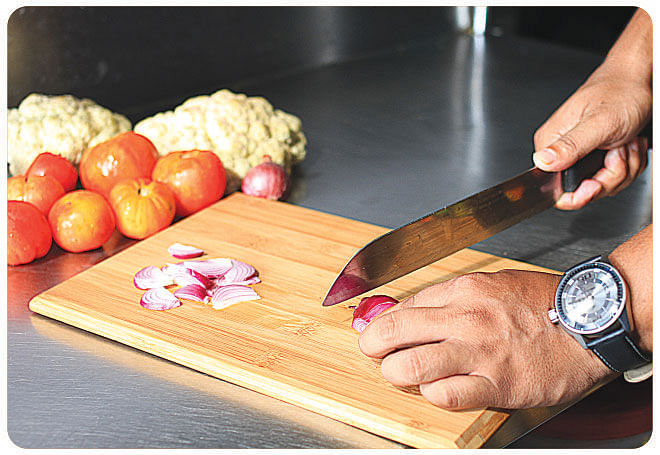
While Bangladesh does not offer proper university level courses in the culinary arts, it does have several training institutes. Tommy Miah, an internationally renowned chef, runs Tommy Miah's Hospitality Management Institute, which offers two key programmes -- available for anyone wishing to pursue cooking as a career. Diplomas in food preparation and culinary arts can be acquired after a 1-year apprenticeship and advanced diplomas can be obtained after 18 months. Within this period, students are taught how to operate and manage a catering business, set up a kitchen, properly use equipment, efficiently organise and plan a menu and learn about hygienic methods of cooking. They are also taught how to prepare sauces, soups and international cuisine. The advanced programme focuses on equipping the students with practical training at professional kitchens in restaurants, resorts, and hotels. This institute also makes it mandatory to take the IELTS so that students can easily apply to schools abroad. An approved institution for the International Vocational Testing under City & Guilds of London, it guarantees that students are prepared to cope with the pressure of university courses. The professional chef course offered by National Hotel and Tourism Training Institute, Bangladesh Parjatan Corporation is similar to the 1-year course offered by Tommy Miah's Hospitality Management Institute.
Aniqa Shams, a Bangladeshi who is completing her Bachelors in Hospitality and Tourism Management in Malaysia, says, “I'm glad I joined the courses at Tommy Miah's Hospitality Management Institute as it really helped me become eligible for a proper culinary school in Malaysia and set my dreams in motion. I urge anybody who is a foodie like me to pursue their dreams in cooking and follow their own ambitions in life because with globalisation it is really not that difficult any more.”
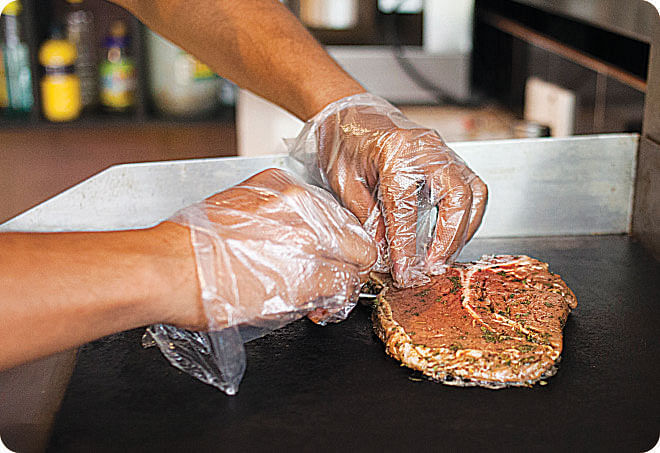
Rafaat Uzair Ahmad, another aspiring chef, says, “Being a guy, I was teased constantly for enjoying baking and I never thought I would be able to make a career out of it. However, Tommy Miah's Hospitality Management Institute offers an array of different programmes and their certificates are internationally recognised, making it easier for us to apply to culinary schools abroad.”
Some Bangladeshi culinary students agree that being accepted into famous culinary schools in the United States and France might prove to be a challenge or may be too expensive. However, South Asia now boasts quite a few distinguished culinary schools. The world famous and originally French 'Le Cordon Bleu' has expanded and introduced campuses in Malaysia and Thailand. It is obvious that the world is taking notice of Asian cuisine and Le Cordon Bleu wanted interested Malaysian and Thai chefs to have the choice to follow their dreams and aim for global acclaim. Recently, they introduced their newest campus in New Delhi, India.
It is much easier for Bangladeshi students to attend one of these campuses, which are more accessible, cost and course wise. Ahmed Karim, who is looking to get a culinary degree, says that while he initially intended to attend a school in California, he is now seriously considering going to a university closer to home.
For those interested in cooking, it is no longer just a leisurely activity; it is fast becoming a desired career choice. While these chefs do face many obstacles, in society and educational facilities, they are determined to overcome them. A certain friend of this writer dropped out of a university in Bangladesh without the knowledge of her parents and secretly saved up tuition fees to pay for a culinary school. Though this might be too extreme, it shows that the new legions of chefs are determined; they refuse to be called “baburchi” because they are aspiring to lead the next cooking revolution.
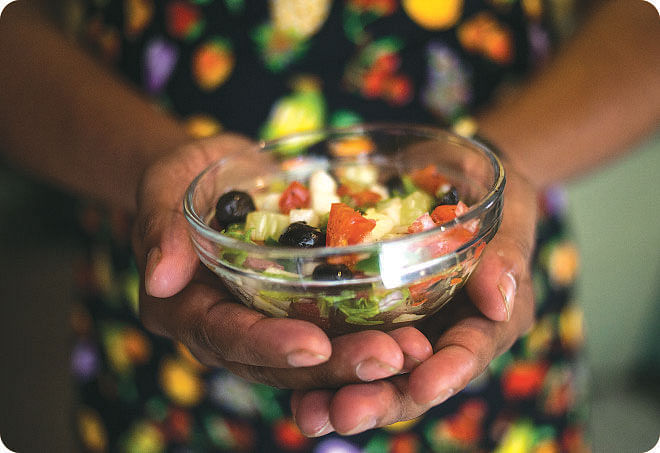

 For all latest news, follow The Daily Star's Google News channel.
For all latest news, follow The Daily Star's Google News channel. 



Comments